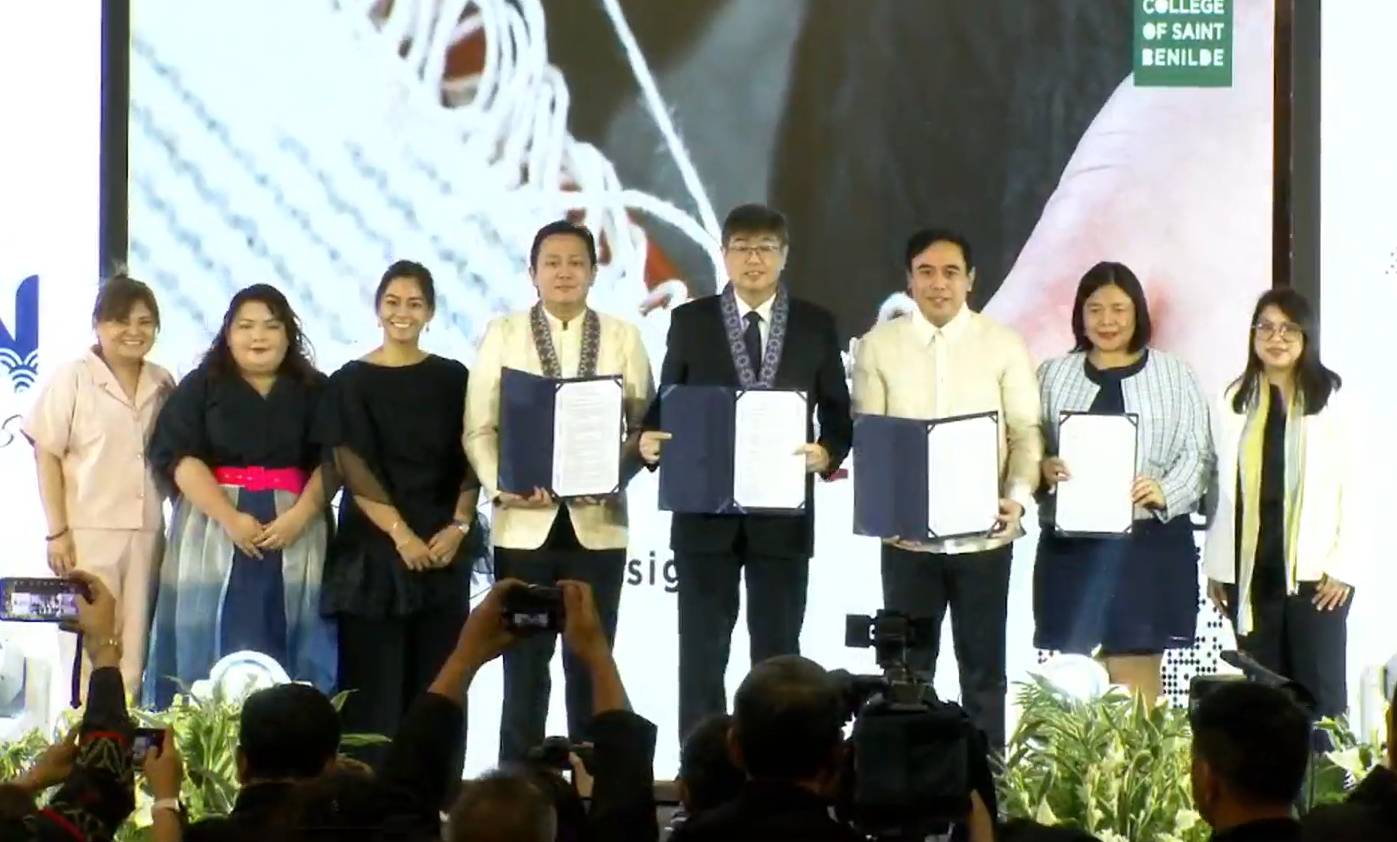To address persistent challenges in providing quality and affordable medicine to underserved populations, the Philippine Medicines Policy (PMP) for 2022—2030 was enacted as a roadmap focusing on sustainable access to essential medicines and reducing health-related out-of-pocket expenses. In line with this initiative, the inaugural Access to Medicines Summit in 2022 united various stakeholders with a shared goal of ensuring accessibility in alignment with the 2030 Agenda for Sustainable Development.
Moving the discussion forward, this year, the Access to Medicines Summit 2024 happening on February 6 and 7, at Diamond Hotel Philippines aims to showcase best practices from across Southeast Asia, foster collaboration, develop blueprints, advocate for policy changes, and engage diverse stakeholders. Themed “Building Bridges: A Blueprint for Collaborative and Innovative Access to Medicines,” the summit seeks to achieve equitable access by bringing together representatives from health groups, financing institutions, NGOs, government offices, and pharmaceutical companies.
Barriers to medicine
In Southeast Asia, the crucial link between medicine accessibility and public health equity is strained, adversely impacting health outcomes in countries such as Indonesia, Vietnam, Malaysia, and the Philippines. A recent study identified key obstacles, including low government health spending, dependence on external funding, challenges in implementing social health insurance, healthcare access disparities, inadequate facilities, lack of information, education and awareness. Beyond issues of underfunding and fragmented insurance schemes, there are notable barriers such as geographical inaccessibility, limited awareness, and the scarcity of medicines for rare diseases.
Governments in Malaysia, the Philippines, Indonesia, Vietnam, and Laos, despite their commendable efforts to support medicine and public health accessibility, face various circumstances that limit their ability to allocate a more substantial proportion of their total budgets to health. This allocation challenge unfortunately may pose obstacles in achieving significant progress towards the noble goal of Universal Health Coverage (UHC). This underfunding results in cost shifts to providers and patients, contributing to medical impoverishment. Incomplete insurance coverage in some countries forces out-of-pocket payments, exacerbating financial burdens. Fragmented health insurance schemes and varying benefits across age and socioeconomic groups contribute to inequities.
Effective medicine distribution and accessibility within countries require enhancements to supply chain management, distribution networks, and overcoming logistical challenges. Additionally, addressing challenges in healthcare infrastructure and capacity, including research and development, is crucial for a comprehensive patient journey.
In the face of increasing incomes across the developing world, the challenge of affordability continues to cast a shadow over access to life-changing medicines. However, there is a beacon of hope that shines brightly on the horizon: national reimbursement programs. These programs hold the key to overcoming the affordability barrier, but they require time to fully mature.
The National Integrated Cancer Control Act (NICCA) Localization Summit, organized by the Cancer Warriors Foundation Inc. (CWFI) aims to address the cancer care delivery gap by fostering multistakeholder and intersectoral alliances at selected project sites. The two-day summit covered topics such as strategies for localizing the NICCA among Local Government Units (LGUs), government strategies for managing cancer, introduction of the Philippine Cancer Center, and strategies employed by LGUs, health institutions, and development partners in managing cancer.
Addressing the challenges related to accessing medicines goes beyond financial considerations. While the affordability of medications is a crucial aspect, the broader perspective acknowledges the importance of raising awareness and providing education.
Bridging the healthcare gap
In the realm of healthcare, knowledge is power. Promoting health literacy and emphasizing the importance of proper medication use are key factors in empowering individuals to make informed decisions about their well-being. Educational initiatives play a vital role in fostering responsible medication practices, ultimately leading to a reduction in avoidable healthcare expenses.
Health literacy goes beyond simply understanding medical jargon; it encompasses the ability to comprehend health information, evaluate its reliability, and apply it to make informed decisions.
A noteworthy example of prioritizing health education and awareness, particularly in the context of blood cancer, is currently unfolding in the Philippines. The Lymphoma Awareness Philippines, Inc. (Lymphoma Philippines) has launched the Blood Cancer Alliance of the Philippines in conjunction with the World Lymphoma and Blood Cancer Awareness Month last year. The Blood Cancer Alliance of the Philippines is a powerful collaboration between Lymphoma Philippines and EPCALM Adult Leukemia Foundation of the Philippines, Kanser sa Adolescents and Young Adults Community / KAYA Community, The Carewell Community Foundation, Touched by Max Inc, Philippine Alliance of Patient Organizations, Hematology Department at the UST Hospital, Philippine College of Hematology and Transfusion Medicine, and Takeda Healthcare Philippines Inc.
This alliance was formed to address issues faced by Filipino blood cancer patients, improving access to information and support, and enhancing the overall experience and outcomes for individuals living with blood cancer. Through innovative initiatives like the LymphomaQR project, they are leveraging on digital solutions to provide timely and accurate information to patients and the wider public, transforming health education and awareness in the process.
The importance of health literacy extends beyond basic comprehension of medical information. It plays a crucial role in emphasizing the proper use of medications, ensuring individuals have a comprehensive understanding of their purpose, dosage, potential side effects, and interactions. Having this knowledge empowers individuals to make informed decisions regarding their treatment and enables them to understand their medications better, reducing the likelihood of medication errors and improving overall health and well-being.
Access to Medicines Summit 2024, scheduled to take place from February 6 to February 7, 2024. This transformative event is set to empower the healthcare landscape by focusing on enhancing accessibility. By harnessing the collective wisdom, innovative practices, and collaborative spirit of diverse organizations from across the region, the summit aims to make a lasting impact on medicine access and knowledge empowerment.




